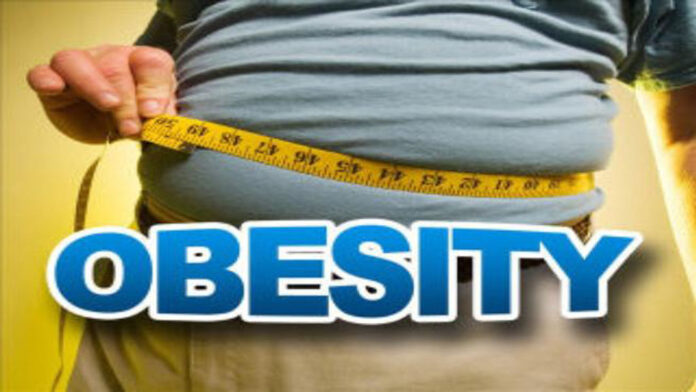As the Government publishes new National Obesity Strategy, a survey finds less than one-in-five adults feel they eat a balanced diet and exercise enough.
Only 18% of Irish adults feel that they eat a balanced diet and get enough exercise according to the survey from leading Irish pharmacy chain, LloydsPharmacy.The survey, which was carried out by Amárach Research on behalf of LloydsPharmacy, surveyed a representative sample of 1,000 Irish adults on their attitudes and experience of diet, exercise and leading a healthy lifestyle. The survey was conducted earlier this month and comes as the Government today (Thursday) publishes its new National Obesity Strategy.

The survey findings were released as LloydsPharmacy, in conjunction with its ambassador, model and personal trainer, Maeve Madden, officially launched its Health for Life initiative.
In addition, to providing a number of healthcare testing services in-store such as body-mass-index (BMI), blood pressure and cholesterol testing and on-going expert advice available from instore pharmacists, LloydsPharmacy has also commenced the roll-out of dedicated health and wellness stores across its pharmacy network.
With the World Health Organisation predicting that Ireland is on course to become the fattest nation in Europe by 2030, the survey sheds light on why so many Irish people struggle to maintain a healthy weight and get enough exercise.
Key findings of the survey include:
Only 18% of respondents feel they follow a healthy diet and get regular exercise;
Females prioritise eating a balanced diet, while males place a greater emphasis on getting sufficient exercise;
Respondents feel the best version of themselves when they are following a balanced diet and getting sufficient exercise, however those from lower socio-economic backgrounds are twice as less likely to ever feel the best version of themselves when compared to those from higher socio-economic backgrounds (23% vs 12%);
58% of respondents say they struggle to follow a healthy diet and get regular exercise, despite a strong awareness amongst respondents of the benefits;
58% of those surveyed also struggle to secure unbiased, expert advice on how best to follow a balanced diet and optimum exercise, with 86% citing the issue of conflicting advice on the topic;
Family emerged as the greatest support for adults trying to live a healthy lifestyle (48%), followed by healthcare professionals (27%) and friends (16%);
Respondents cited employers as particularly poor at supporting their employees in living a healthy life, with only 2% of those surveyed identifying employers as influential.
Commenting on the survey’s finding, Goretti Brady, managing director of LloydsPharmacy noted,”Obesity and unhealthy lifestyles is the leading issue facing our country. As WHO statistics indicate, Ireland is heading toward being one of the fattest nations in the world, it’s clear we are now facing an epidemic of huge proportions. The publication of a new National Obesity Strategy today is certainly timely and hopefully will translate into positive change.
“Most Irish people are aware of the extent of the problem, so we need to move away from a blame culture to one where we honestly address why so many of us struggle to live a healthy lifestyle.”
A native of Ennis, Colin McGann has been editor of The Clare Champion since August 2020. Former editor of The Clare People, he is a journalism and communications graduate of Dublin Institute of Technology.




